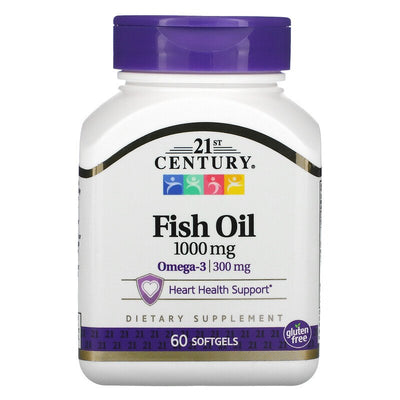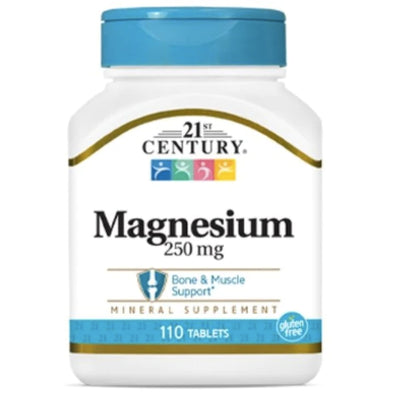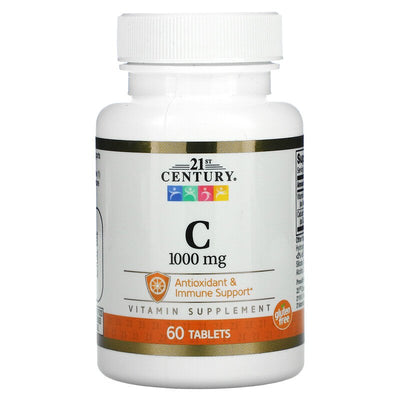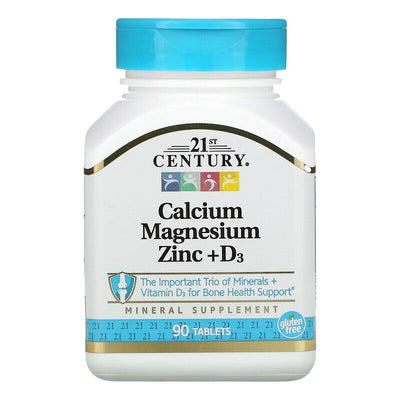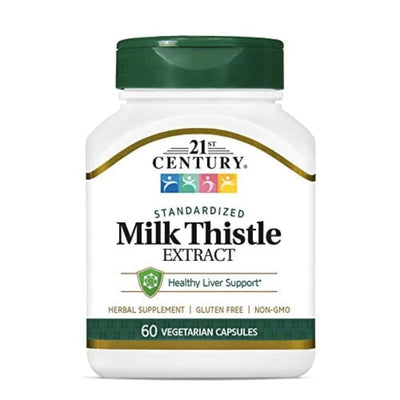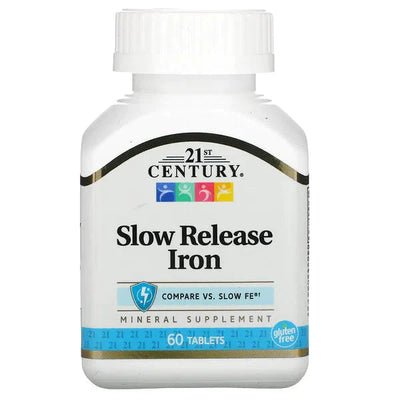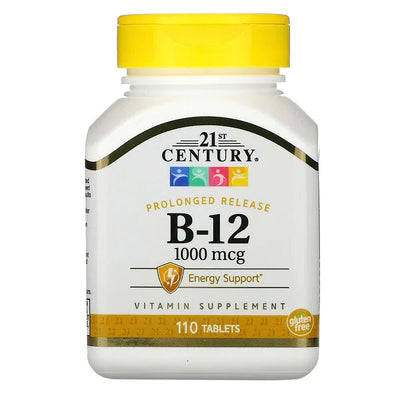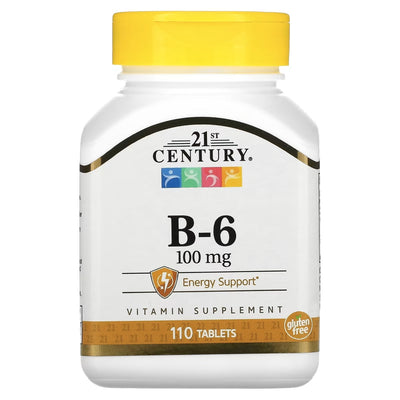
BCAA Benefits: From Exercise Performance to Recovery
Enhancing Exercise Performance
BCAAs play a pivotal role in exercise performance due to their unique metabolic characteristics. Here’s how they help:
Improved Muscle Energy Production
During intense exercise, BCAAs serve as an important energy source for the muscles. They are broken down directly in the muscle tissues, bypassing the liver, which allows them to be rapidly utilized during physical activity. This can help maintain energy levels and extend endurance during long or intense workout sessions.
Reduced Fatigue
BCAAs can help decrease the production of serotonin in the brain during exercise. Serotonin increases during workouts and is thought to contribute to the feeling of fatigue. By reducing its production, BCAAs can potentially delay exhaustion and allow for longer, more productive workouts.
Accelerating Recovery
Recovery is crucial for anyone engaged in regular physical activity. BCAAs contribute to faster recovery by:
Enhanced Muscle Protein Synthesis
Leucine, in particular, stimulates muscle protein synthesis, which is the process your body uses to repair and build muscle tissue. After workouts, consuming BCAAs can help rebuild the muscles stronger and bigger, and reduce muscle damage, leading to quicker recovery.
Reduced Muscle Soreness
BCAAs have been shown to decrease muscle damage during exercise, which can reduce the length and severity of muscle soreness after workouts. This is particularly beneficial for those who engage in high-intensity or resistance training.
Supporting Weight Management and Muscle Preservation
BCAAs are not only beneficial for active individuals but also those on weight management journeys. Here’s how they help:
Prevention of Muscle Loss
When calorie intake is reduced, the body can start to break down muscle for energy. BCAAs can help prevent muscle protein breakdown, preserving muscle mass even under a calorie deficit.
Fat Loss Support
By preserving lean muscle mass during weight loss, BCAAs help maintain a higher metabolic rate, making it easier to lose body fat while retaining muscle. This is because muscle tissue burns more calories than fat tissue, even at rest.
How to Use BCAAs
BCAAs are most effective when taken around the time of workouts. Here’s a quick guide:
- Before Exercise: Taking BCAAs 10-15 minutes before workouts can help fuel the muscles, increase endurance, and prevent premature fatigue.
- During Exercise: Sipping BCAAs during exercise can continue to fuel the muscles and delay fatigue.
- After Exercise: Consuming BCAAs immediately after workouts can kickstart the process of recovery and muscle repair.
BCAAs come in various forms, including powders that can be mixed with water and capsules. They are often flavored to make the supplements more enjoyable to consume.
Conclusion
BCAAs are a powerful tool for anyone looking to enhance their exercise performance, speed up recovery, manage weight, and preserve muscle mass. With their ability to support muscle protein synthesis, reduce workout fatigue, and help with quicker recovery, BCAAs are invaluable in the diet of athletes and fitness enthusiasts alike. Whether you are looking to boost your workout intensity or recover faster, BCAAs could be the supplement you need to achieve your fitness goals.








